ECOVACS: Advancing smart living and robotics adoption in Southeast Asia
ECOVACS is reshaping smart living in Southeast Asia with AI-driven, multi-scenario robotics built for local homes and lifestyles.
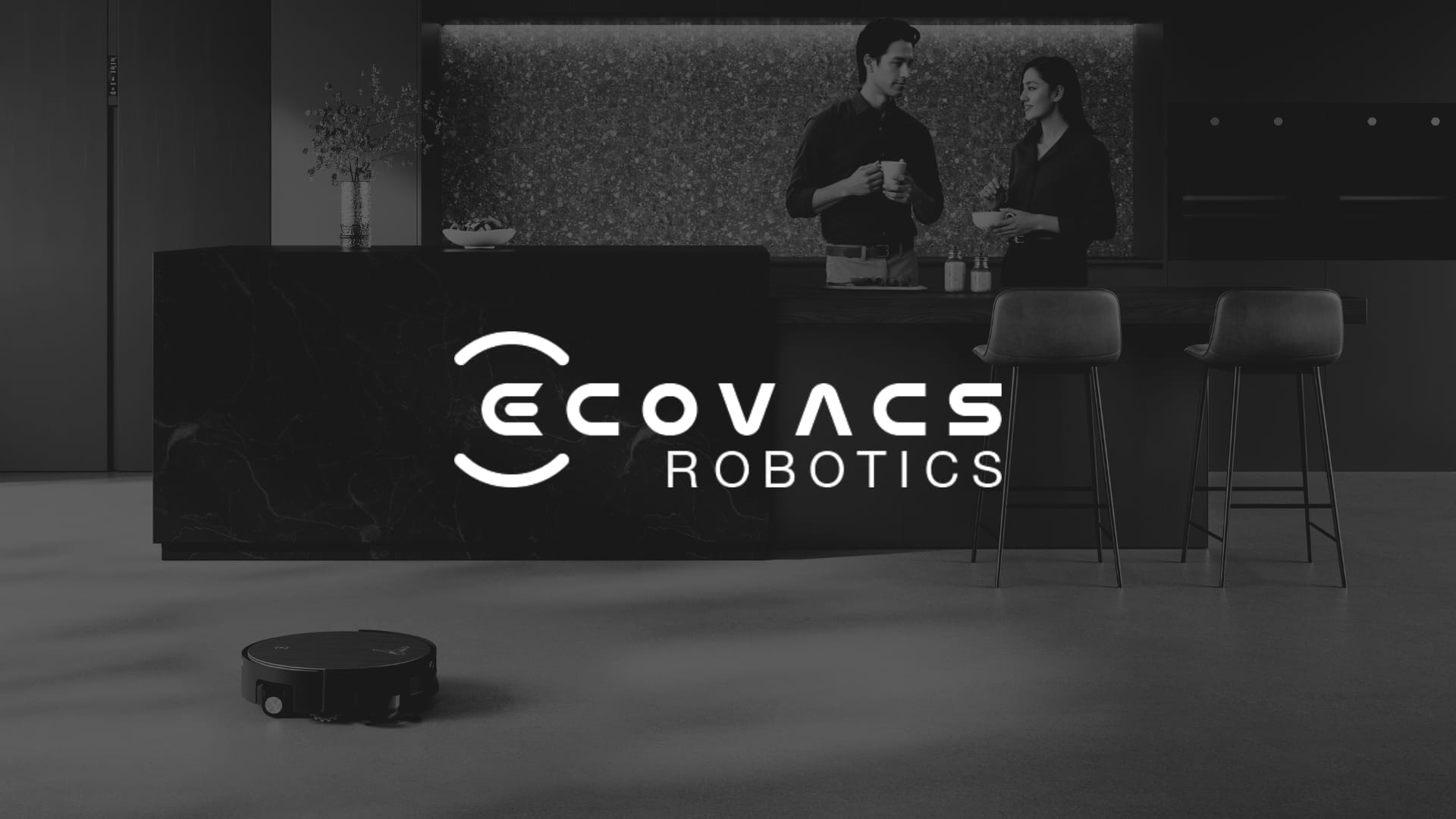
Southeast Asia’s smart home market has shifted from curiosity to clear momentum. A little over a decade ago, robotic vacuums and voice assistants were niche gadgets for affluent early adopters. Today, urbanisation is concentrating populations in dense, vertical cities where convenience matters. Digital literacy is on the rise, driven by the affordability of smartphones and the growth of mobile commerce. A growing middle class is embracing technology that saves time and effort.
Table Of Content
Yet adoption remains uneven. Homes across the region vary greatly, from multi-storey family houses in Thailand and public housing flats (HDB) in Singapore to compact, cluttered apartments in Jakarta and Manila. Many current devices still work in isolation, lack integration, and are not designed for local layouts or living habits. This creates an opening for solutions built with regional realities in mind.
ECOVACS, with nearly two decades in service robotics, is positioning itself to meet that need. Long recognised for pioneering robotic window cleaning and sustaining leadership in vacuum robots, the company is now moving beyond single-task gadgets to make robotics a core, adaptive part of the modern home — intelligent, reliable and widely accessible. To achieve this, it has been expanding its product portfolio and forging new partnerships to prepare for a more connected and seamless robotics experience.
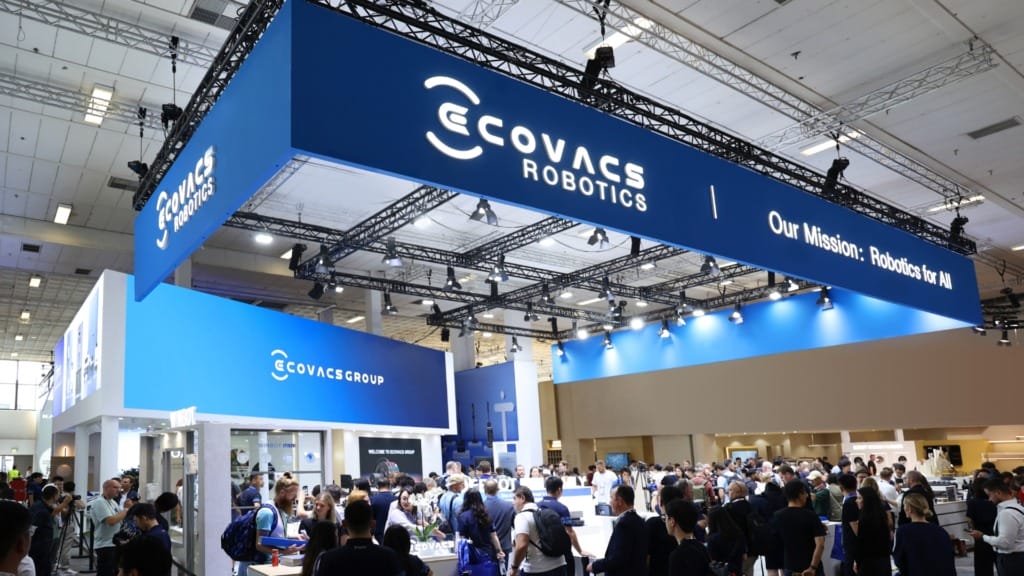
This vision was reinforced in 2025 when ECOVACS took the global stage at IFA in Berlin. The company introduced the DEEBOT X11 alongside a broader lineup of next-generation service robots. These included its first robotic pool cleaner and new solutions for outdoor and window cleaning. It also announced significant investments, about US$27.8 million in new local manufacturing capacity and around US$123 million in R&D in 2024, to bring innovation closer to key markets such as Southeast Asia. The showcase signalled a shift from excelling in single categories to pursuing a comprehensive robotics strategy that touches every part of the home.
From cleaning tools to intelligent home companions
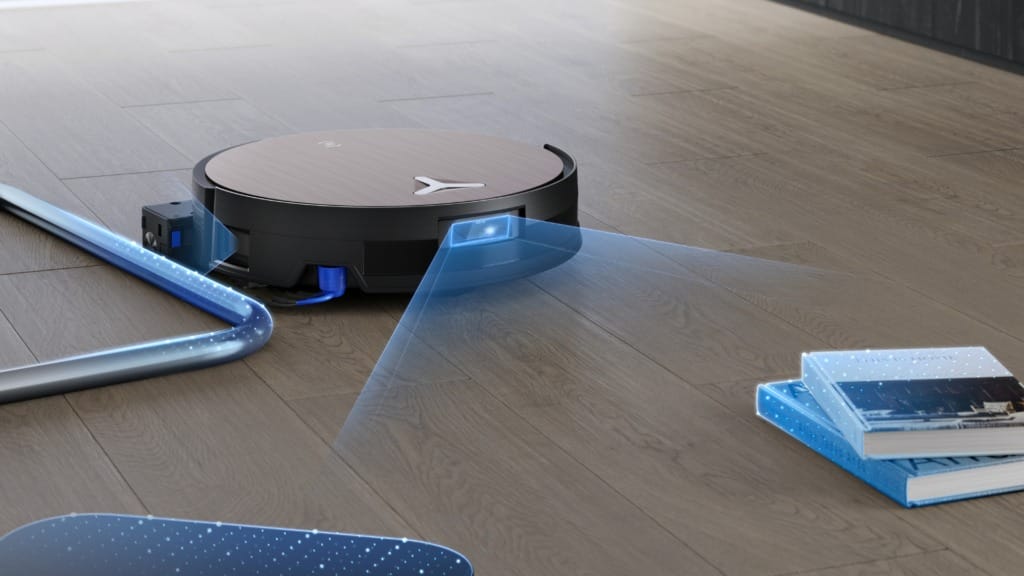
The DEEBOT X11 is designed to change how people think about home robots. Traditional robotic vacuums are constrained by battery size and preset routines. They clean until power runs out, return to the dock, and resume later, often missing spots or disrupting household activity. ECOVACS tackled this with “perpetual runtime.” Its PowerBoost charging system replenishes battery life during natural pauses, such as when the robot returns to wash its mop, adding enough power in minutes to cover very large spaces continuously. This move breaks the long-standing trade-off between battery size and usability.
That endurance is especially valuable in Southeast Asia, where homes are rarely open plan and often divided by thresholds, steps, and mixed flooring. Such layouts can also confuse robots that rely only on pre-set mapping or AI-driven assumptions. Obstacles like furniture, pets, and reflective floors add further complexity, often causing misreads or interruptions.

Recognising this, ECOVACS has focused on marrying intelligent navigation with strong mechanical design to ensure reliable performance in real-world homes. Chris Ma, Regional Head of Southeast Asia at ECOVACS, explained, “Pure AI can face shortfalls in edge cases (unusual floor plans, dynamic obstacles like pets or toys, reflective floors, or cable clutter), and early-use data sparsity can occasionally cause misreads,” he said. “To fully realise the potential, we combine mechanical engineering with AI. On the mechanical side, PowerBoost delivers on-demand suction surges for deep cleans (carpets, heavy debris) common in SEA households, while upgraded mobility, anti-tangle rollers, and precise sensing provide a stable, predictable foundation. On the intelligence side, AI perception and pathing operate within deterministic safety rules and high-precision mapping, making the system both adaptive and reliable.”
But hardware is only part of the story. The X11 represents a turning point because intelligence now drives its performance. Its AI system, fronted by the YIKO assistant, maps and learns each home’s unique layout and cleaning habits, then self-optimises. This is a step beyond voice-controlled convenience, moving towards true autonomy. The robot no longer waits for commands; it anticipates needs and acts safely within user-defined limits. For busy Southeast Asian families, this reduces mental effort and builds trust that the machine will work reliably with little supervision.
This shift from assistance to autonomy also reshapes how ECOVACS competes. The company is moving beyond hardware specifications to offer a differentiated, software-driven experience that strengthens customer loyalty and raises expectations for what a home robot can deliver.
The Southeast Asia growth equation
Technology alone will not secure success in Southeast Asia. Strategy and localisation are just as critical in a region marked by economic, cultural and geographic diversity.
Singapore is a premium-driven market with higher disposable income and a tech-savvy population. Many homes have pets, and consumers value reliability and low-maintenance design enough to justify the cost. Indonesia, Vietnam and Thailand offer significant potential but show different buying habits. Price sensitivity is stronger, online channels dominate, but trust still matters, and housing ranges from compact city flats to larger suburban homes.
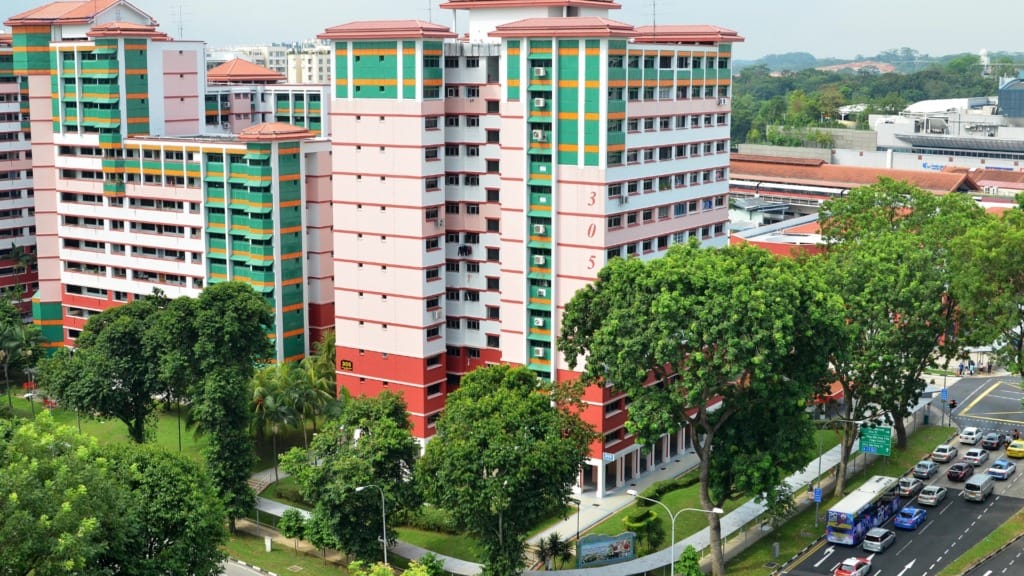
ECOVACS has designed features to match these differences. For homes with steps or uneven flooring, TruePass climbing allows robots to cross thresholds up to four centimetres, reducing interruptions during cleaning. PowerBoost quick-charging feature supports larger multi-room houses by extending coverage without long downtime. Understanding the region also shapes how ECOVACS introduces its products to the market.
Distribution is highly targeted. ECOVACS invests in local e-commerce platforms such as Shopee and Lazada, as well as TikTok, where many consumers now discover and purchase tech products. It also supports offline retail for shoppers who want to test devices before making a purchase. A recent launch event in Vietnam, attended by more than 600 distributors, influencers and media, built trust by showing that these products are designed for local use, not simply imported. This approach is delivering results: overseas sales now account for approximately 40% of ECOVACS’ total revenue, with U.S. sales alone growing by 86.5% year-over-year.
“Our mission is ‘Robotics for All’,” said Ma. “We may not always be the first to launch a new feature, but when we do, it’s rigorously validated for user experience and durability.”
Beyond vacuums: Shaping a multi-scenario lifestyle
To future-proof its business, ECOVACS is extending its reach beyond floors. Window cleaning, long seen as a challenging and even dangerous household task, was its first diversification. The WINBOT series helped create an entirely new category and has gained traction in urban high-rise markets. The category reached about US$100 million in sales in 2024, with European cumulative sales expected to exceed 200,000 units this year, showing global acceptance and strong potential for Southeast Asia.
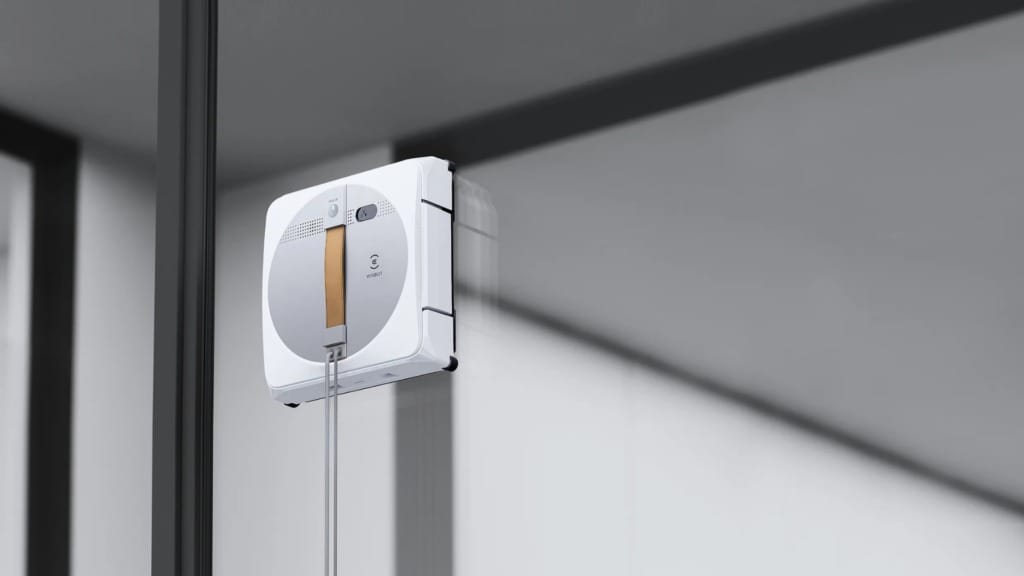
The next frontier is outdoor automation. The GOAT robotic lawn mower reflects ECOVACS’ vision of a complete home ecosystem managed by smart machines. While Southeast Asia’s dense cities limit lawns, segments such as Singapore’s landed homes and luxury properties show clear potential. By entering these categories early, ECOVACS is ensuring relevance across diverse living spaces.
Strategically, this diversification creates an ecosystem effect. Each new product category is not just revenue; it provides another use case for ECOVACS’ AI and navigation technology and another reason for customers to stay with the brand. The company is shifting from single-point device sales to a platform-based approach to home automation.
Building trust through standards and sustainability
Trust remains one of the most important factors in adopting home robotics. Many consumers worry about privacy, reliability and safety, particularly in markets where digital literacy varies. ECOVACS has earned TÜV RED-DA and the UL VERIFIED MARK, signalling robust cybersecurity and product safety. It stores user interaction data locally rather than in the cloud, helping safeguard privacy and build confidence.
Compatibility also matters. Homes across Southeast Asia often mix devices from different brands. By supporting the Matter protocol, ECOVACS makes its robots easier to integrate into existing smart-home systems without forcing users to switch platforms. This flexibility lowers barriers for first-time buyers and encourages long-term loyalty from experienced users.
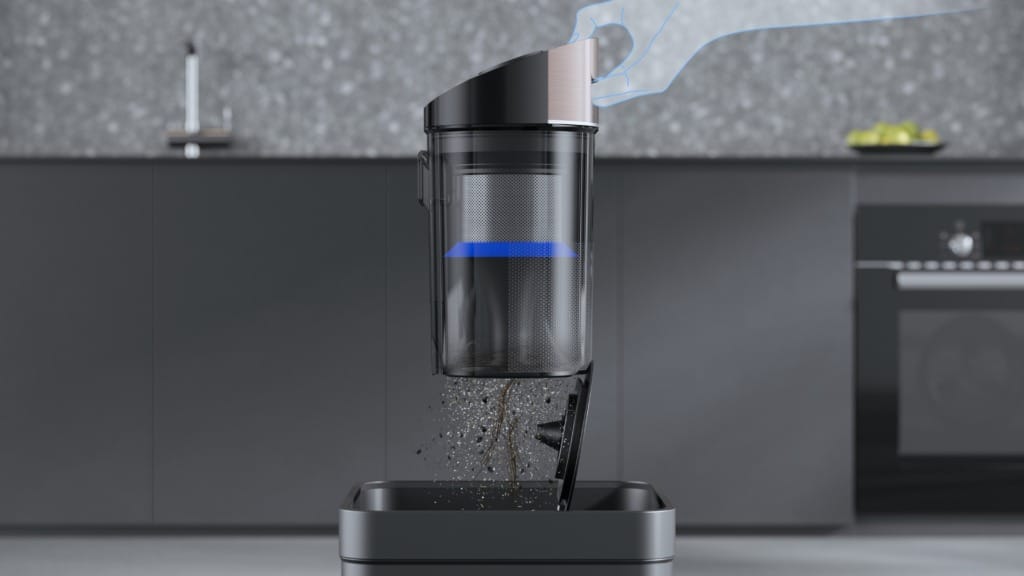
Sustainability is increasingly shaping consumer choices and government policy. Products such as the DEEBOT X11’s OmniCyclone Station remove the need for disposable dust bags, reducing recurring costs and waste. Automated mop cleaning and drying cut manual work while limiting the use of consumables. These design choices demonstrate that premium robotics can be both practical and environmentally responsible, a crucial message for eco-conscious buyers.
Looking ahead: Robotics in everyday life
Long-term success in Southeast Asia will depend on maintaining close alignment with the region’s needs. ECOVACS is investing heavily to make this possible, with new manufacturing capacity and R&D to shorten supply chains and respond faster to local demands. The focus is shifting from simply exporting technology to co-developing it with a deeper understanding of local homes and consumer expectations.
Collaborations with appliance manufacturers on built-in robotic systems point to a future where cleaning automation is integrated into a home’s design from the outset. Ma compared this trajectory to the rise of washing machines and dishwashers, which were once considered luxuries but are now essential. Robotics could evolve in the same way as trust and usefulness grow.
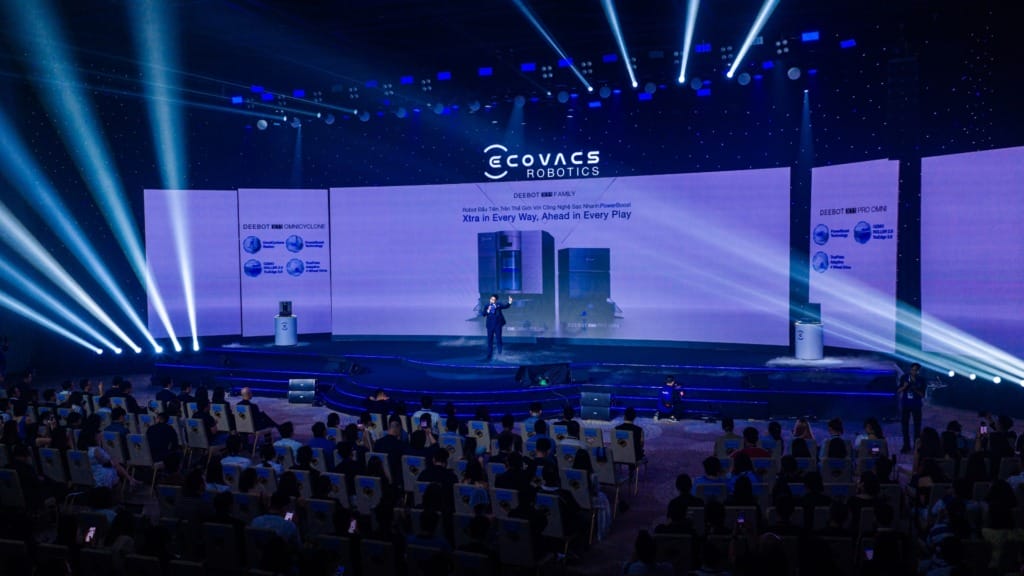
If ECOVACS’ strategy succeeds, service robots could follow a similar path by 2030. Homes across Southeast Asia can maintain themselves, with tasks such as cleaning floors, windows, and gardens being handled without daily oversight. The shift would be both cultural and technological, moving robots from gadgets to essential household infrastructure.
For a company that built its reputation by advancing one practical robotics category at a time, this new chapter is ambitious but measured. Southeast Asia’s diversity in housing, retail and lifestyle is not a barrier but an advantage. By designing for that complexity, ECOVACS has an opportunity to define the region’s smart-home future: connected, autonomous, sustainable and quietly reliable.
















